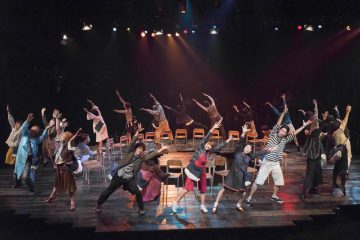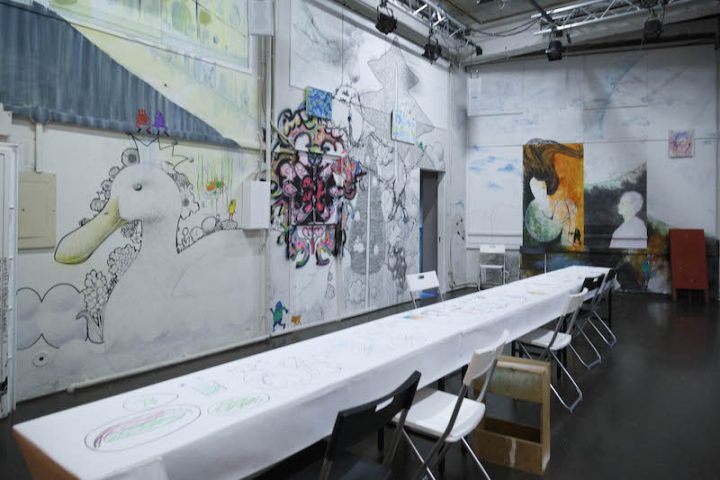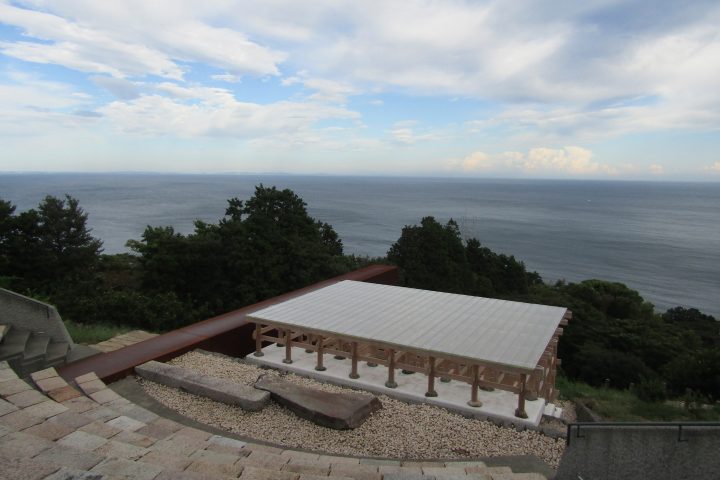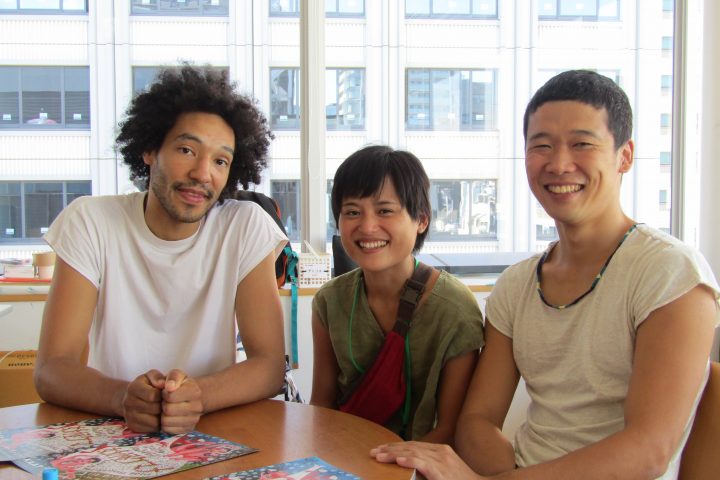A roundtable interview with professional dancers leading the street dance scene!
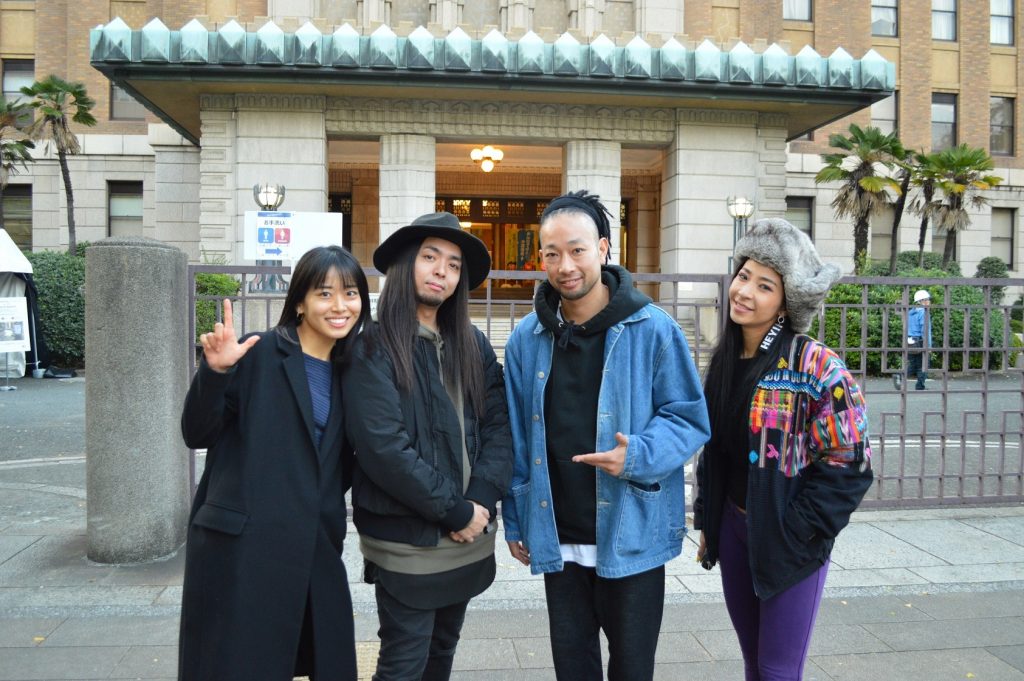
Kanagawa has a great dance environment
-The finals were very exciting, with huge cheers for each performance. Please share your honest thoughts with us.
[Dayoshi] I could tell that everyone was dancing with great passion. I could tell that they had practiced with passion... I was also moved, and as a judge, I felt happy. "I know, I know, this is what dancing is like (laughs).
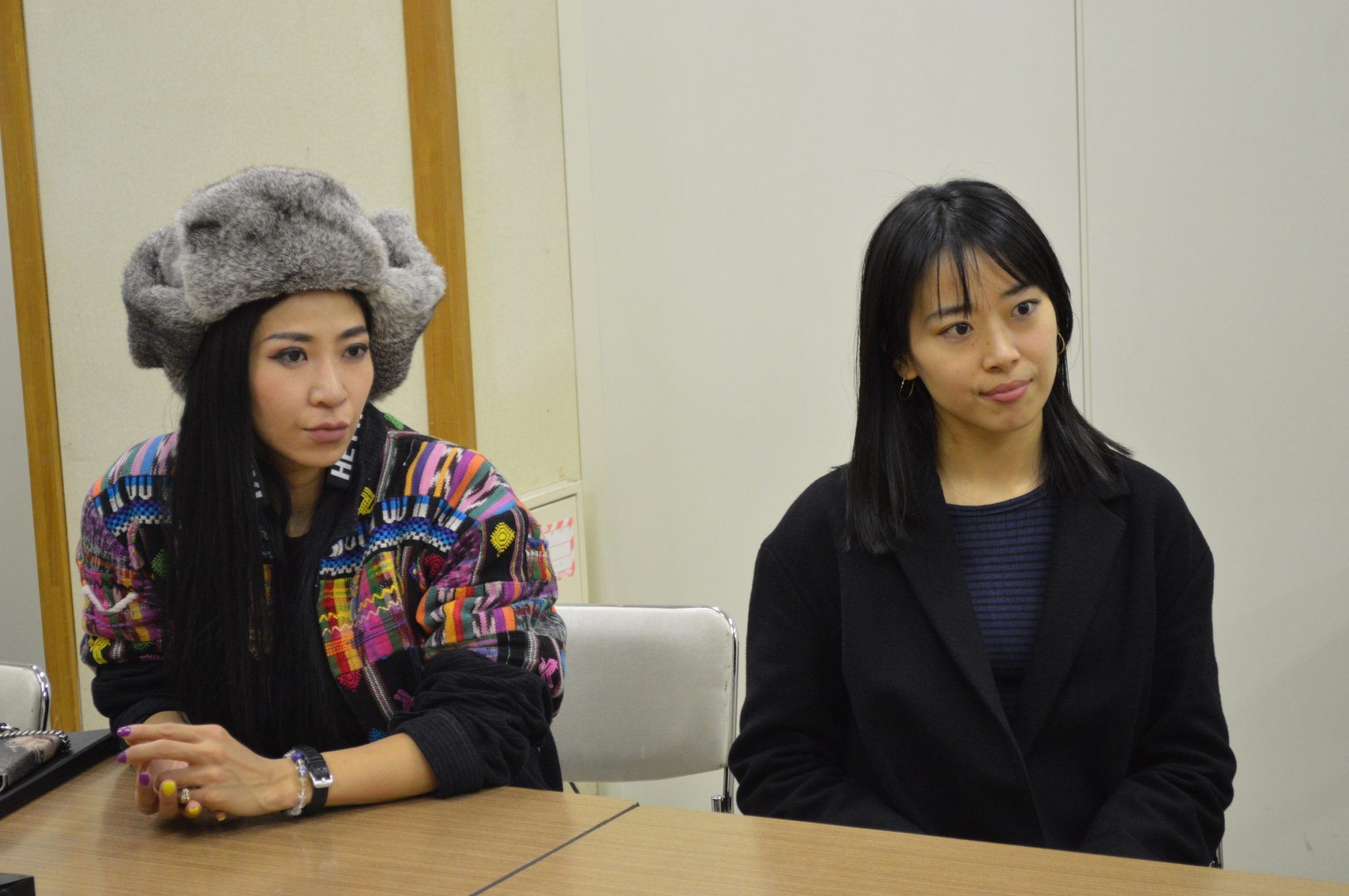
[Mikako Kano] I also felt envious. In our generation, there were few competitions like this, and the opportunities to present were limited to begin with.
[CRAZY SHIZUKA] That's true. Speaking of contests at that time, there was only "DANCE DELIGT"? So, a place where you could show the results of your practice to an unspecified number of people was valuable. But now there are many contests, so I think it's good.
[Dayoshi] Among them, the "National High School Japan Boulevard Street Dance Battle" is amazing. It's a competition held with the support of Kanagawa Prefecture, and Governor Kuroiwa was there today. I think it's an unprecedented contest.
[CRAZY SHIZUKA] I think it's amazing!
[Mikako Kano] Yes. Dance is about honing your technique by yourself, but the environment is also important for growth. Kanagawa Prefecture is full of that, and I felt it was attractive.
-From a professional perspective, have you noticed anything about the students' dancing?
[Dayoshi] Everyone is really good. Maybe it's because they practice every day in their club activities and have been working hard to be competitive in tournaments, but their level is really high.
[DJ HIROKING]: I feel like I've been practicing in a way that allows me to achieve solid results and grow as a dancer. That means I have a teacher who is not self-centered but gives me good advice. I feel like I've been in a smart environment.
In our generation, we explored performance by trial and error
-So there is a better environment for students who want to study dance. On the other hand, are there any differences or things that bother you compared to when you were in school?

[DJ HIROKING] This may contradict what I said before, but if I had to say one thing, I'd say it's too sophisticated. For example, there are many themes in dance, such as hip hop, jazz hip hop, locking, popping, breaking, etc., but when I watch the students' dance, I feel like they "know it from the beginning." What I mean is that they dance with the understanding that "XX dance is like this." In other words, they already know the form of each dance.
I think that's probably because you can learn from a teacher or easily get in touch with dance on YouTube, but from my point of view, that's why there's less of a "feeling of trial and error". In our generation, the environment for obtaining information was not rich, so whatever we did, we had to try it out first. We improved our technique by thinking about how to do it, or how to do it, each time. And I think that repeating that has brought us to where we are today. But the times are different now, and I don't think that's a good or bad thing... but I think that "adventure" is sometimes necessary. Even if it turns out to be a mistake, it will lead to growth, and later, it could become a big personality. If you can make people say, "Oh, I've never seen a dance like this" (laughs), and it's a great attraction even if you become a professional.
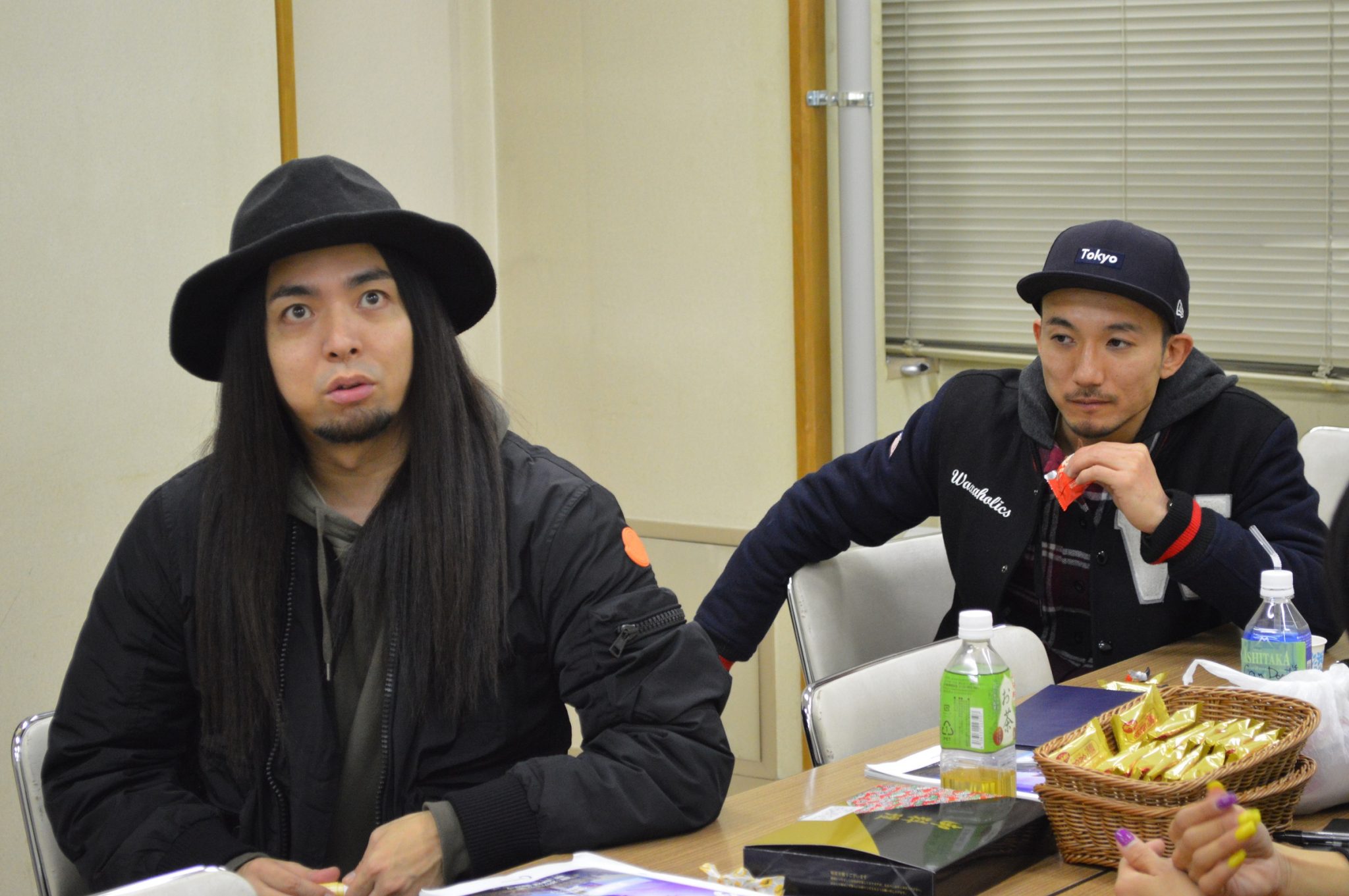
[Dayoshi] I agree with that. It may be a bit extreme, but I think it's not too late to learn the form and techniques of your seniors even after you become a professional. Once you're on the front lines, you'll be expected to do more than you can handle. So I'd like them to try out the dance that only students can do at that time.
[CRAZY SHIZUKA] That's right. I also think that trying out different things and having a sense of playfulness is very important.
What we want you to aim for is a dance that is "simply cool" and catches people's attention with just one count.
- I would like to ask Mr. CanDoo, who served as the chairperson of today's special judging panel. What points did you focus on when selecting the winning teams this time?
[CanDoo] Of course, we also took into consideration what everyone was talking about earlier. It was about whether or not it was a performance that we had thought out ourselves, rather than something we had seen somewhere before.
Another thing I focused on was whether or not the dance looked natural. As expected, there were many teams that were too tense, as they were eager to show the results of their practice. However, that is only natural, as it is a sign that they are serious about dancing. Among them, I paid attention to teams that "felt like their dance and music were one," rather than "dancing to catch the sound of the music." This is also a key point in the dance I look for, even if it is not a judgement, and the dancers who have influenced me so far have also had a great sense of unity with the music. So it's all about overall ability. Although elements such as the sharpness of the dance and the balance of the team's movements are important, I selected the teams based on whether they were able to perform a "more natural performance."
-Finally, please give a message to the students who will be the next generation of dancers.
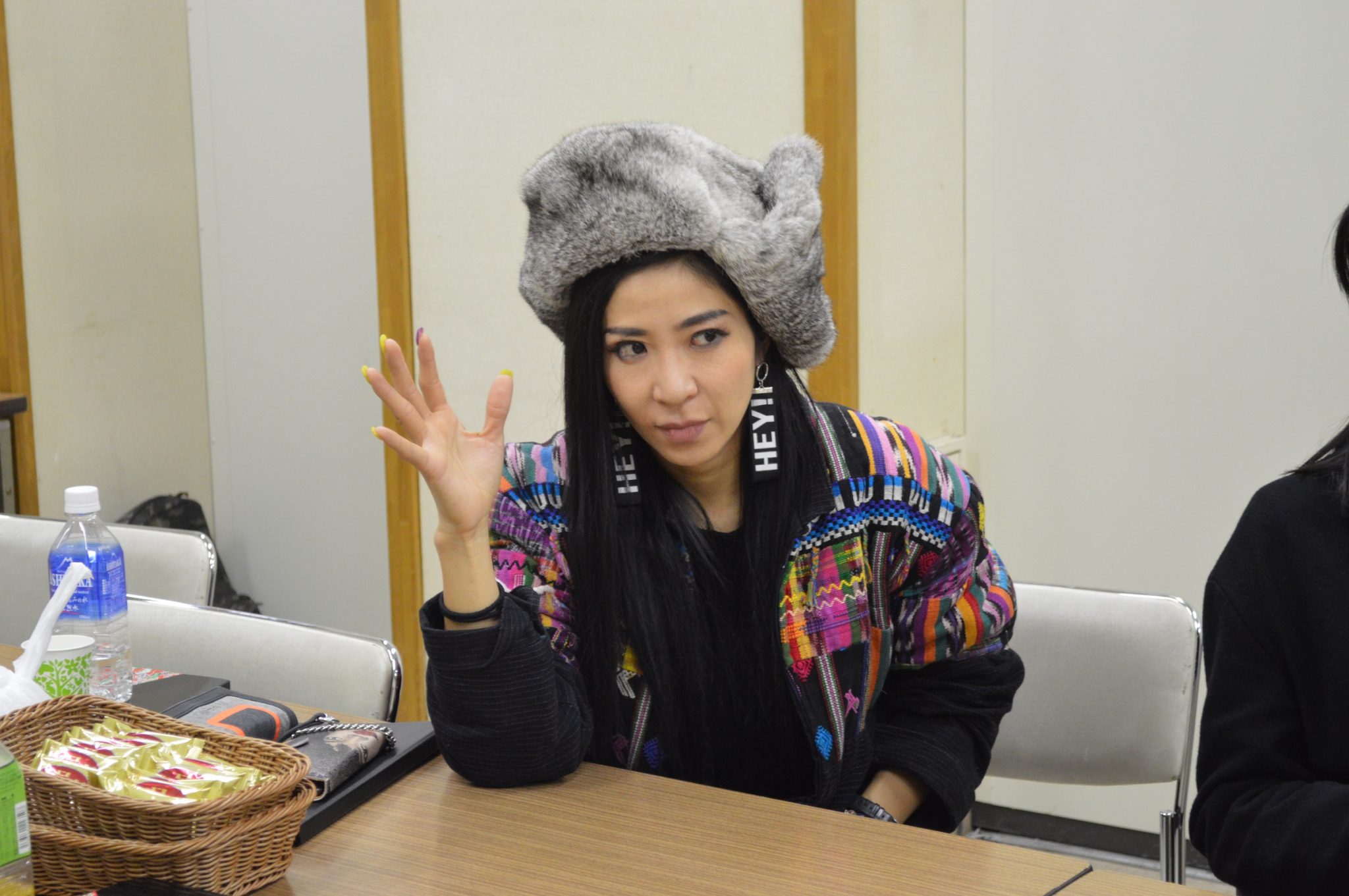
[CRAZY SHIZUKA] I want people to aim for dance without boundaries. For example, I think there are a lot of young people these days who make distinctions in their music choices and performances, like contests are contests and freestyle is freestyle. It may be difficult to not make distinctions, but I want people to have a neutral mindset and simply enjoy dancing.
[Mikako Kano] I want you to dance the dance that you can only do now. I want to see more dance that is rough but reckless and full of youthful energy. It is important to hone your technique, but the "feeling of wanting to dance at that time" is only for that time, so I want each of you to create a performance filled with the feeling that "this is our dance!" I am really looking forward to the 4th Street Battle!
[Dayoshi] As a dancer, I want you to value your "music choice". Dancers use the power of music to show their performance. In other words, music is the lifeblood of a performance. So, before you choose a song because you're good at it, what kind of song is it? It's important to be convinced of the background of the song's creation and the content of the lyrics and make it your theme. This will give more depth to your dance.
[DJ HIROKING] I want people to treasure the emotions that come from deep within their hearts forever. For example, they may not be showing anyone, but they may be dancing to their favorite songs with complete fervor. I think that's where a unique individuality is born, and conversely, I think people are moved by it. Dance like no one is watching!
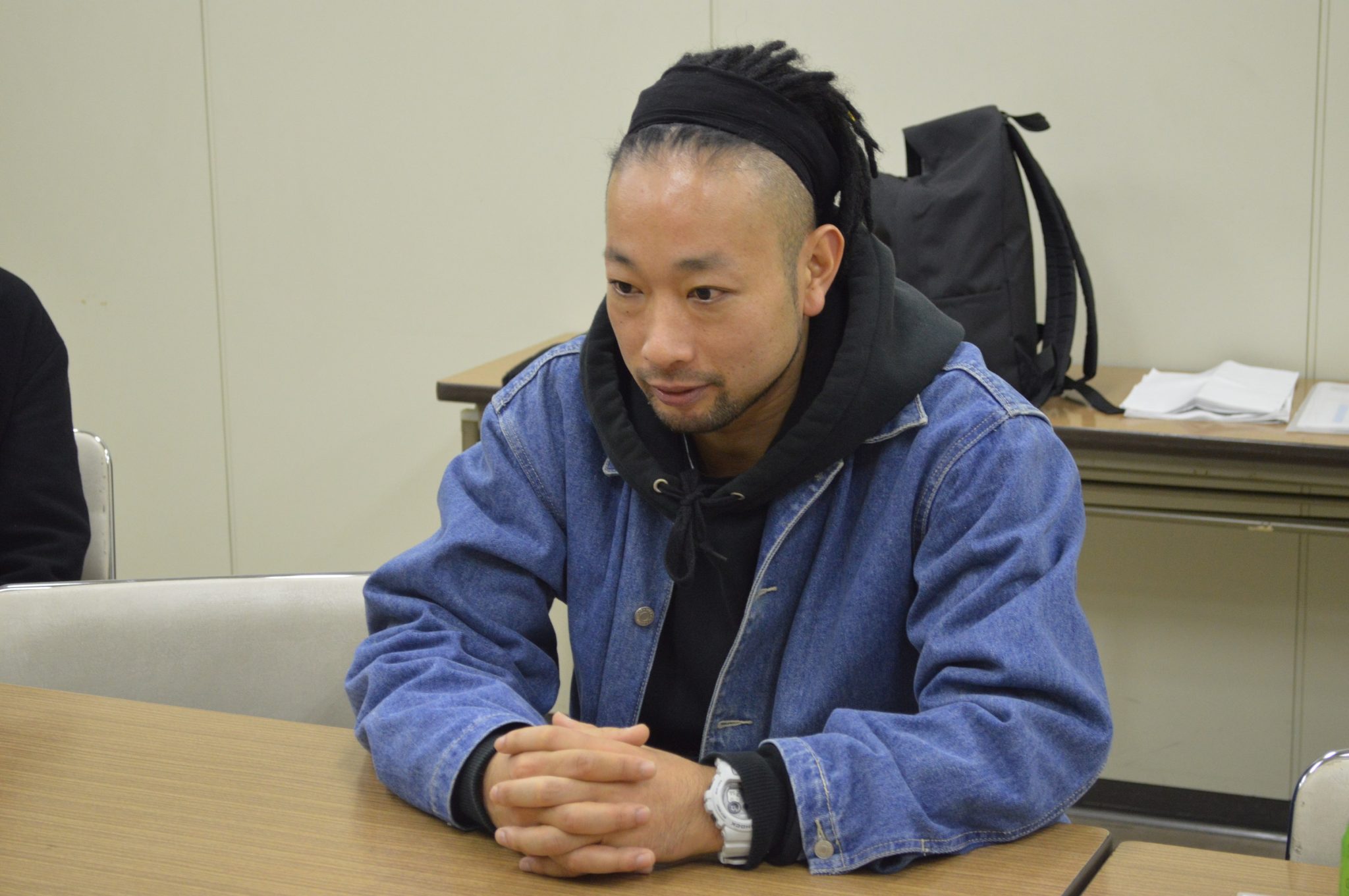
[CanDoo] With such a good environment, I want to see more dancers who can "excite the audience just by standing there" come out. And I want young people to aim for that too. It's great to be told that you're a good dancer, but it's a little different from that; it's just cool. When the music starts and the dancer moves on the first count, you can't help but cheer in the crowd. Of course, regular practice is essential to aim for that, but I think it's important to look at your own dancing and explore the dance that only you can do.
